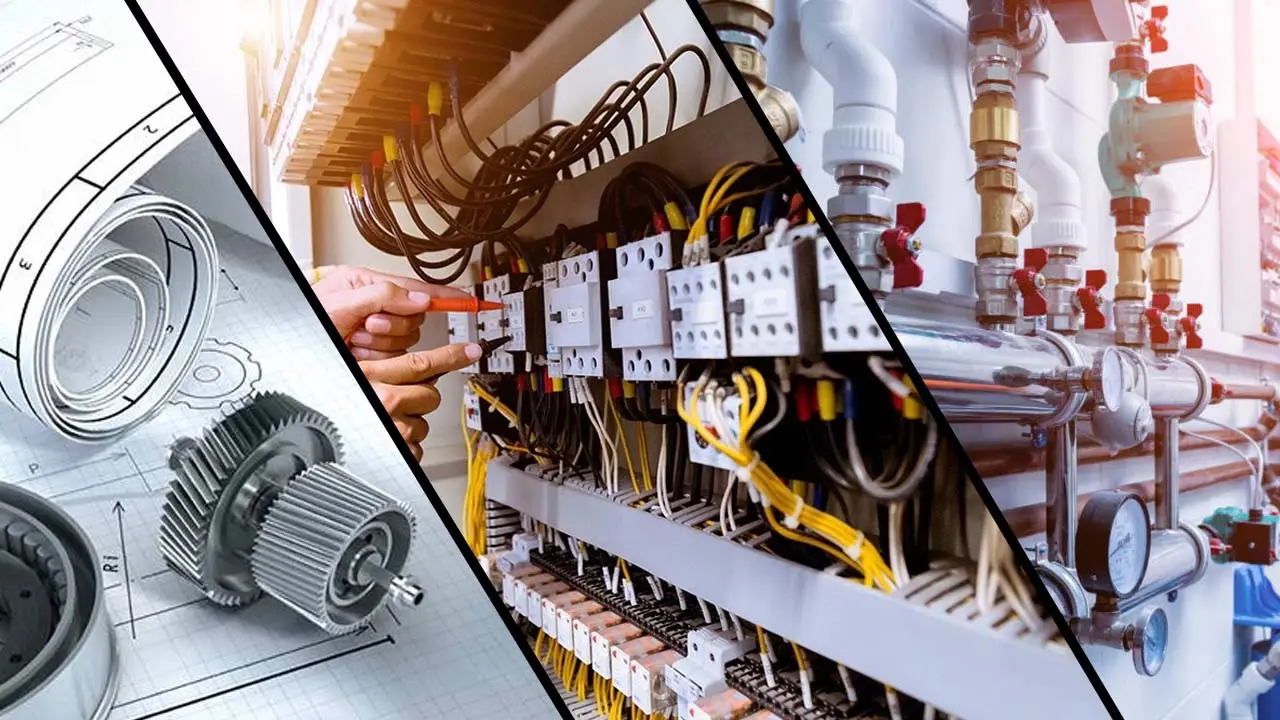In today’s fast-paced construction industry, accuracy and cost efficiency are critical for project success. Mechanical, Electrical, and Plumbing (MEP) systems form the backbone of modern buildings, ensuring comfort, safety, and functionality. However, estimating these complex systems can be challenging due to fluctuating material prices, design changes, and labor requirements. That’s where MEP estimating services play a crucial role — helping contractors, engineers, and project owners achieve precise estimates, control budgets, and reduce unnecessary expenditures.
This article explores how professional MEP estimating services enhance accuracy, streamline workflows, and ultimately reduce project costs across all stages of construction.
Understanding MEP Estimating Services
MEP estimating services involve the process of calculating material quantities, labor costs, and equipment requirements for mechanical, electrical, and plumbing systems within a construction project. These services utilize advanced software, detailed takeoffs, and industry expertise to create comprehensive cost estimates.
Key Components of MEP Estimation Include:
- Mechanical Systems: HVAC systems, ductwork, insulation, chillers, boilers, and ventilation.
- Electrical Systems: Wiring, conduits, lighting, panels, transformers, and fire alarm systems.
- Plumbing Systems: Piping networks, fixtures, valves, water heaters, and drainage systems.
By combining these elements, estimators can forecast the total cost of MEP installation, identify potential risks, and offer solutions to stay within budget.
1. Enhanced Accuracy Through Advanced Technology
One of the major advantages of hiring professional MEP estimators is their use of cutting-edge digital tools and software. Platforms like Trimble, PlanSwift, Bluebeam, and Autodesk Revit allow estimators to perform precise quantity takeoffs directly from digital drawings and Building Information Models (BIM).
Benefits of Using Technology:
- Automated Takeoffs: Software tools can quickly and accurately measure quantities, reducing manual errors.
- 3D Visualization: BIM integration helps visualize how mechanical, electrical, and plumbing systems interact within a structure.
- Version Control: Estimators can update and adjust estimates as designs evolve, ensuring all calculations are up to date.
This level of precision minimizes human errors and ensures that every component, fitting, and piece of equipment is accounted for in the estimate.
2. Reduction in Material Wastage and Rework
A common issue in construction projects is material wastage caused by inaccurate estimates or poor coordination among teams. MEP estimating services significantly reduce this risk.
By generating detailed material lists and accurate quantity takeoffs, contractors can order exactly what’s needed — no more, no less. Moreover, these services provide insights into the best sourcing options and materials, helping project managers make cost-effective purchasing decisions.
Impact on Project Costs:
- Lower procurement and storage expenses.
- Fewer change orders due to unforeseen material shortages.
- Reduced waste disposal costs.
- Minimization of rework through precise coordination.
When everything is pre-planned and quantified accurately, project efficiency increases, and financial losses are minimized.
3. Time Savings and Streamlined Workflow
Time delays are among the most expensive problems in construction. Professional MEP estimators streamline the estimation process, ensuring projects move forward without interruptions.
How MEP Estimating Saves Time:
- Quick Turnaround: Specialized estimating firms can produce accurate estimates in a fraction of the time it would take an in-house team.
- Standardized Templates: They maintain libraries of cost databases, assemblies, and templates that speed up the estimation process.
- Efficient Collaboration: Cloud-based platforms allow real-time collaboration between estimators, engineers, and project managers.
As a result, construction firms can submit bids faster, meet tight deadlines, and stay ahead in competitive markets.
4. Improved Budget Management and Cost Control
Cost overruns can destroy profit margins and client relationships. MEP estimating services provide comprehensive cost breakdowns that help stakeholders manage budgets effectively throughout the project lifecycle.
These estimates detail:
- Material and labor costs.
- Equipment and subcontractor fees.
- Overheads, contingencies, and profit margins.
Advantages for Budget Management:
- Real-time tracking of cost deviations.
- Accurate forecasting for project cash flow.
- Better negotiation with suppliers and subcontractors.
With a clear financial roadmap, contractors can allocate resources efficiently and avoid last-minute budget shocks.
5. Expertise and Industry Knowledge
Experienced MEP estimators bring deep technical knowledge and understanding of building systems. They are familiar with local codes, standards, and construction practices, which ensures compliance and cost accuracy.
Expertise Matters Because:
- Estimators can identify design flaws or inefficiencies early.
- They provide value engineering suggestions to reduce costs.
- They anticipate risks like labor shortages, supply delays, or regulatory changes.
By leveraging this expertise, project managers can make informed decisions and maintain control over every aspect of the construction process.
6. Minimizing Risks and Enhancing Project Planning
Every construction project carries financial and operational risks. Inaccurate estimates can lead to budget overruns, delays, or even project failure. MEP estimating services help mitigate these risks by delivering data-driven insights and risk assessments.
Risk Reduction Strategies:
- Evaluating alternative materials or systems.
- Identifying potential bottlenecks in design coordination.
- Conducting cost-benefit analyses for various project approaches.
This proactive planning allows project teams to handle issues before they escalate, ensuring smoother execution and on-time delivery.
7. Competitive Advantage for Bidding
In today’s competitive construction landscape, winning bids often depends on how well a company can balance accuracy with affordability. MEP estimating services provide contractors with professional, transparent, and competitive bid proposals.
Accurate estimates not only increase the chances of winning projects but also help maintain profitability once the work begins. By avoiding underbidding or overpricing, construction firms establish credibility and trust among clients.
8. Long-Term Cost Benefits
While outsourcing MEP estimating might seem like an added expense, it actually delivers long-term financial benefits. With accurate and consistent cost data, construction companies can build reliable cost databases for future projects, improving efficiency and profitability over time.
Long-Term Advantages Include:
- Historical data for future bids.
- Better project forecasting.
- Continuous improvement of internal cost strategies.
This strategic approach ensures sustainable growth and consistent project success.
Conclusion
In an industry where precision, timing, and cost efficiency define success, MEP estimating services have become indispensable. They combine advanced technology, deep expertise, and strategic insight to deliver accurate, reliable, and cost-effective estimates for mechanical, electrical, and plumbing systems.
By improving accuracy, reducing material waste, saving time, and managing budgets efficiently, these services empower contractors and developers to make smarter decisions and achieve successful project outcomes.
If your goal is to boost profitability and reduce construction risks, investing in professional MEP estimating services is one of the smartest decisions you can make for your business.


